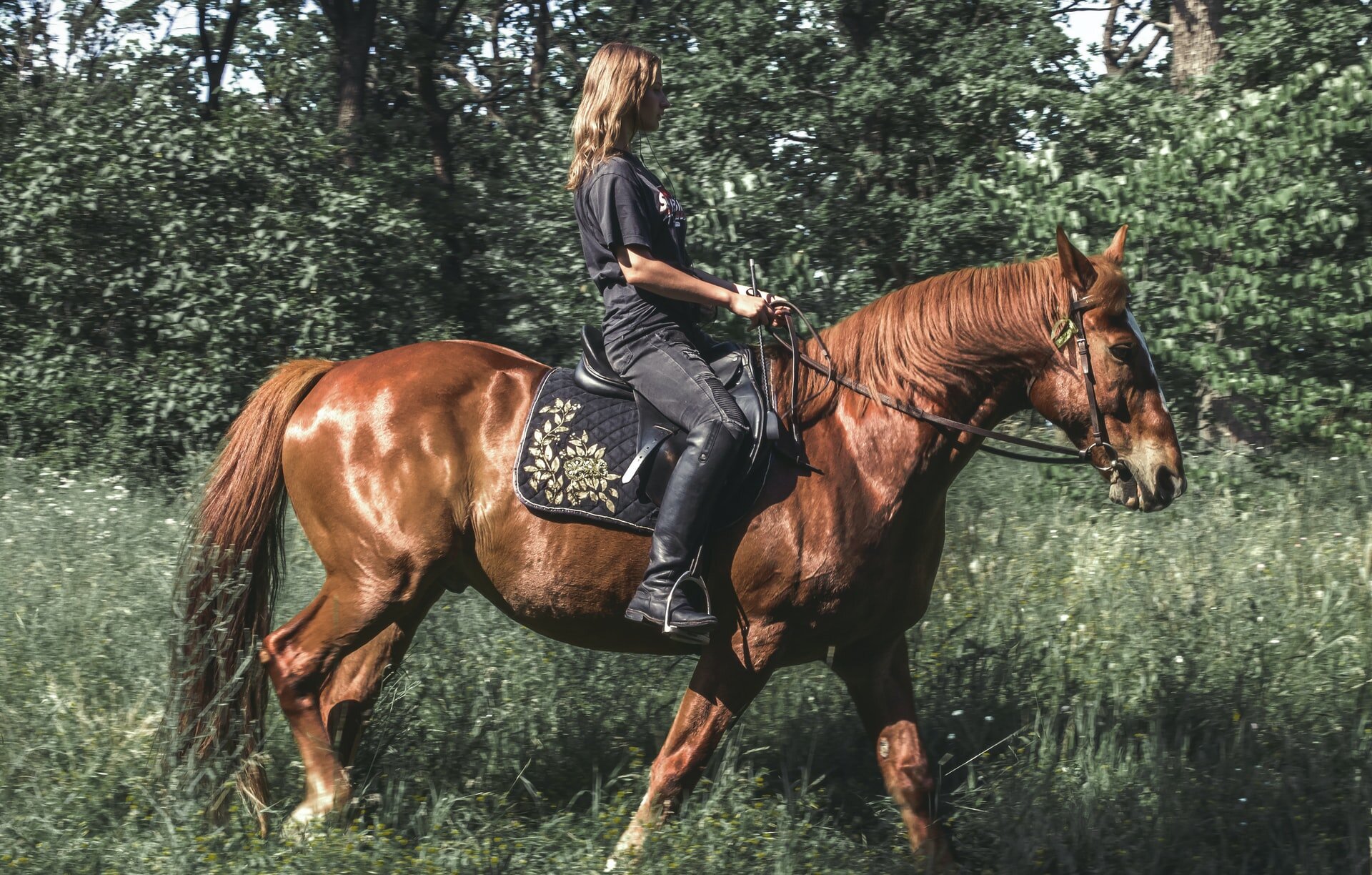
A Step Too Far

A STEP TOO FAR
A true story by Deborah Kane
Age: About 10 yrs old
Time: Mid-1960s
Location: Alberta, Canada
It’s funny how a life lesson experienced in childhood can slumber for decades before a trigger awakens it. As it turns out, this story has more than one layer. I’ll outline the actual events, and we’ll see if Nature’s School was in session that morning to give me a lesson I’d remember.
My father was manager of the Minburn Grazing Reserve which is a 60-square-km cattle ranch. Now, this cattle ranch is made interesting by the fact that it’s a glacial moraine, which means moving cattle on it was like working within a gigantic egg carton. Countless low steep hills were separated by small lakes that supported a stunning variety of waterfowl, beaver families, and other wetland creatures.
To make it a little more challenging, most of the land was covered with aspen forests and thick low bushes like wild roses. These plants are beautiful when they’re in bloom, but brushing against them means a mess of thorns sticking into various body parts.
All the trees, bushes, and hills made it difficult to locate, collect, and move the five hundred head of cattle we were looking for so they could be transferred from one grazing area to another. We used horses because a vehicle would have difficulty getting through the thick trees on steep and dangerous slopes, and the forests were filled with deadfalls. The cattle would simply watch a vehicle coming, laugh, and stroll away into the forest.
One fine morning Dad decided it was time to move the cattle in the north pasture to the adjoining grazing area where the grass was tall and fresh. When I say morning, I mean early morning. Wake-up was 3:00 a.m. It was still dark as we ate a hurried breakfast, stumbled to the horse barn, and saddled up mostly by feel. It was an hour’s ride to our destination, and we wanted to be there by dawn. There was a reason for this early start. In the heat of the day, cattle prefer to relax in the shade and chew their cud. They get uncooperative when you try to move them when it’s hot.
So, we had a limited time in which to collect all the little bunches that would be spread throughout the aspen forest, combine them into one herd, and move them through a set of gates into their new grazing area. Simple, right?
When we reached the north pasture, dawn was lighting the eastern sky, and there wasn’t a cloud in sight. It was going to be a scorcher of a day. Swarms of mosquitoes attacked us accompanied by black flies, deer flies, horse flies, hornets, bees, no-see-ums, and a variety of other biting creatures – and it wasn’t nearly as much fun as it sounds.
The hundreds of little lakes made the air humid as the day heated. My three brothers, Dad, and two ranch hands spread out to find the cattle that would by now be contemplating getting up for their morning grazing. In the forest, it took some time to find all the little bunches and get them onto their feet and moving forward.
A few hours later the cattle were mostly in one big herd, and horses and riders were tired and sweaty. Dad looked at the blistering sun which was nearly vertical, and I could see he was getting anxious. It wasn’t because he was tired, it was because he knew the cattle were getting restive and cranky.
We reached a meadow where the dividing fence intersected with the boundary fence. In the corner was a set of gates that had been opened by my older brother. We knew if we could get a few of the herd to notice the opening and go through, all the others would follow – kind of like people do. We’d close the gate behind them so they couldn’t return and go home.
It was not to be. I was pushing stragglers from behind when the herd leaders stopped fifty metres from the gate. As if at some prearranged signal, they looked around, spun on their heels, and the entire herd stampeded towards us. They weren’t attacking; they’d just had enough, and they weren’t moving another step forward.
As they streamed past us, all we could do was watch them go. I looked at the open gates then at the cattle kicking up their heels and galloping back to their forest meadows. We never got a single cow through those gates that morning.
Perhaps there’s a lesson in this. The cattle were used to going where they were directed, but ultimately, when we pushed them too far, they simply stopped obeying. They ignored us, and we were helpless to stop them.
As I look around today, I see a familiar process – and the day is getting hot.